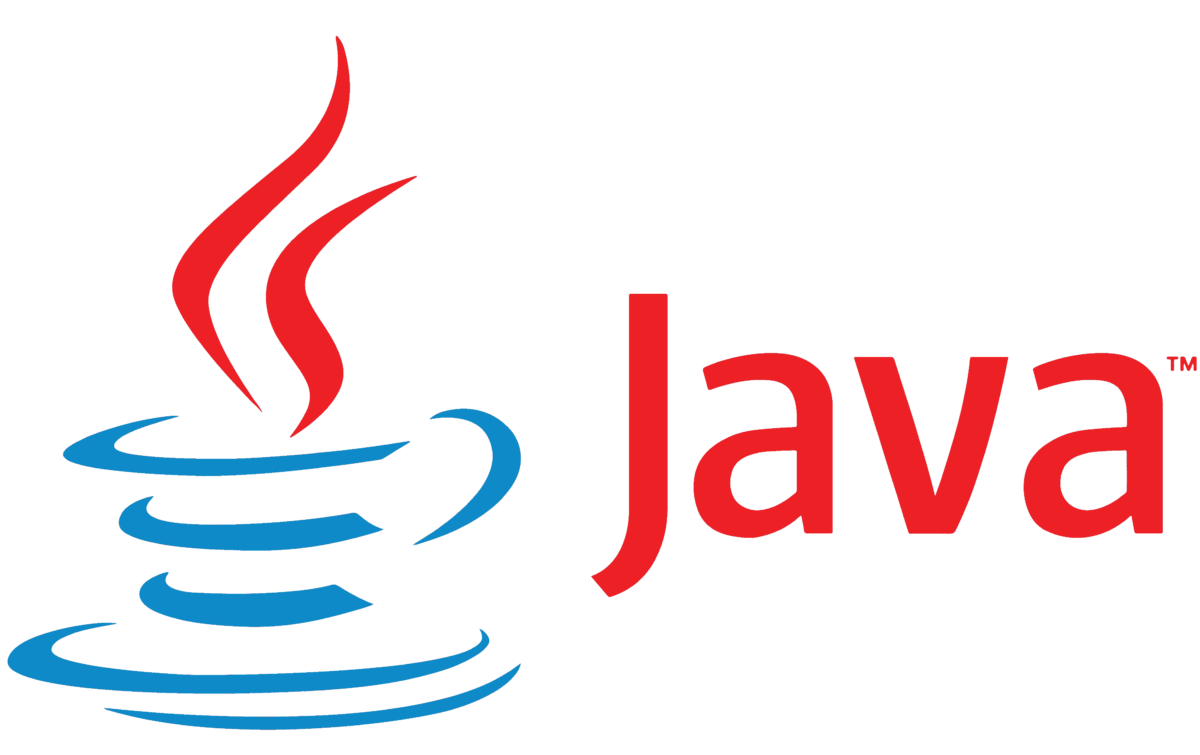
How to run tasks in parallel with timeout in Java?
 Natan Ferreira
Natan Ferreira- 0
- 259
The use of Threads is essential to improving the performance and responsiveness of modern applications. With threads, it is possible to execute multiple tasks simultaneously, maximizing processor resources. They allow intensive operations, such as calculations or accessing external resources (e.g., databases, APIs), to be performed in parallel without blocking the main execution.
Imagine the following scenario where it is necessary to fetch information from different APIs, with an async request for each API. There is also a need to wait for a timeout for each request. This scenario describes the example below.

Hands on
import java.util.List;
import java.util.concurrent.*;
public class ParallelRequestsWithTimeout {
public static void main(String[] args) {
ExecutorService executor = Executors.newFixedThreadPool(5);
List<CompletableFuture<String>> futures = List.of(
simulateRequest(executor, 1000, "task 1"),
simulateRequest(executor, 2000, "task 2"),
simulateRequest(executor, 3000, "task 3"),
simulateRequest(executor, 1500, "task 4"),
simulateRequest(executor, 2500, "task 5")
);
long startTime = System.nanoTime();
try {
CompletableFuture<Void> allOfWithTimeout = CompletableFuture.allOf(
futures.toArray(new CompletableFuture[0])
).orTimeout(3, TimeUnit.SECONDS);
allOfWithTimeout.join();
System.out.println("All requests were completed on time!\n");
} catch (CompletionException e) {
System.out.println("Timeout: Not all requests were completed in time!");
} finally {
futures.forEach(future -> System.out.println(future.getNow("Fail future: "
+ future)));
futures.forEach(future -> future.cancel(true));
executor.shutdown();
}
long endTime = System.nanoTime();
long totalTimeMillis = (endTime - startTime) / 1_000_000;
System.out.println("Total runtime: " + totalTimeMillis + " ms");
}
private static CompletableFuture<String> simulateRequest(ExecutorService executor, int duration, String task) {
return CompletableFuture.supplyAsync(() -> {
try {
Thread.sleep(duration);
return task+" - Request finished in " + duration + " ms";
} catch (InterruptedException e) {
return "Request interrupted!";
}
}, executor);
}
}
This code manages parallel requests with a timeout using CompletableFuture and a thread pool. Let’s explain it step by step:
Main steps:
- Creation of ExecutorService::
A fixed thread pool of 5 threads is created usingExecutors.newFixedThreadPool. - Simulation of asynchronous requests:
- The simulateRequest method creates tasks simulating requests of varying durations using CompletableFuture.supplyAsync, which delegates execution to the thread pool.
- Each task returns a message indicating either completion or interruption.
- Execution and Timeout:
- The tasks are stored in a list of CompletableFuture.
- CompletableFuture.allOf groups all tasks to wait for their completion.
- orTimeout sets a 3-second limit for all tasks to finish; otherwise, a CompletionException will be thrown.
- Exception handling and cancellation:
- If a timeout occurs, the tasks are cancelled with future.cancel(true).
- getNow returns the result value if completed, otherwise it returns the given value.
- Total time measurement:
- The execution time is calculated with System.nanoTime.
Expected output:
- If all tasks complete within 3 seconds, a message will indicate success.
- Otherwise, a timeout will be indicated, and the remaining threads will be canceled.
List<CompletableFuture<String>> futures = List.of(
simulateRequest(executor, 1000, "task 1"),
simulateRequest(executor, 2000, "task 2"),
simulateRequest(executor, 3500, "task 3"),
simulateRequest(executor, 1500, "task 4"),
simulateRequest(executor, 2500, "task 5")
);With the values provided above, we have the following result:

Since one thread took more than 3 seconds to execute, a timeout occurred.
List<CompletableFuture<String>> futures = List.of(
simulateRequest(executor, 1000, "task 1"),
simulateRequest(executor, 2000, "task 2"),
simulateRequest(executor, 3000, "task 3"),
simulateRequest(executor, 1500, "task 4"),
simulateRequest(executor, 2500, "task 5")
);Now we set the maximum to 3 seconds, and we have the following result.

No timeout occurred because no thread exceeded 3 seconds.
Possible use:
This example is useful for simulating high-load scenarios or external services with time limits. It covers thread management, timeouts, and best practices for resource cleanup.

Author
-

I am a seasoned Full Stack Software Developer with 8+ years of experience, including 6+ years specializing in Java with Spring and Quarkus. My core expertise lies in developing robust RESTful APIs integrated with Cosmos Db, MySQL, and cloud platforms like Azure and AWS. I have extensive experience designing and implementing microservices architectures, ensuring performance and reliability for high-traffic systems. In addition to backend development, I have experience with Angular to build user-friendly interfaces, leveraging my postgraduate degree in frontend web development to deliver seamless and responsive user experiences. My dedication to clean and secure code led me to present best practices to my company and clients, using tools like Sonar to ensure code quality and security. I am a critical thinker, problem solver, and team player, thriving in collaborative environments while tackling complex challenges. Beyond development, I share knowledge through my blog, NatanCode, where I write about Java, Spring, Quarkus, databases, and frontend development. My passion for learning and delivering innovative solutions drives me to excel in every project I undertake.
